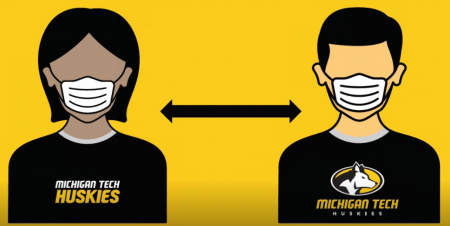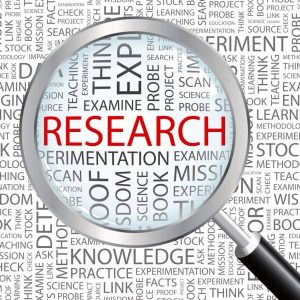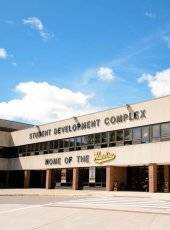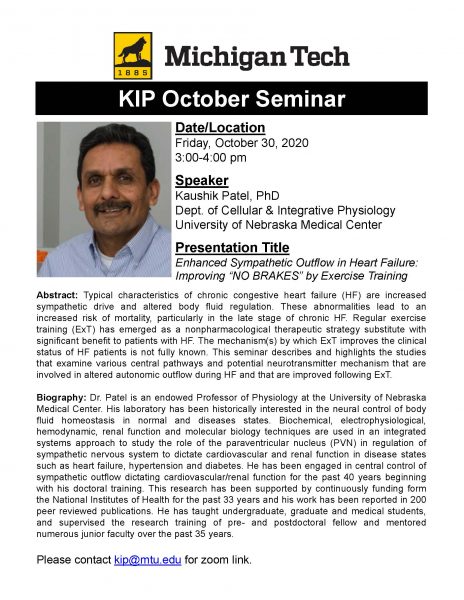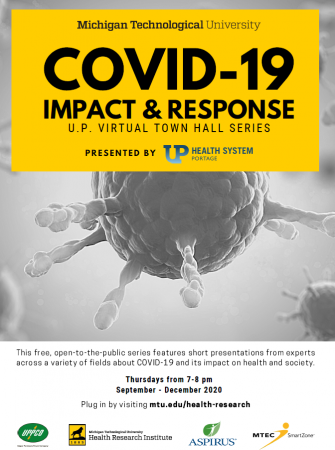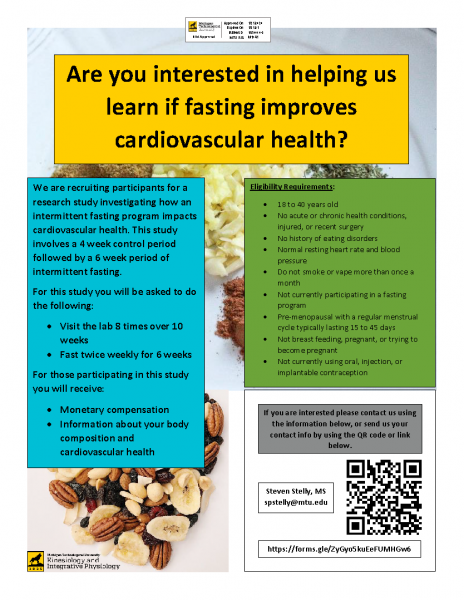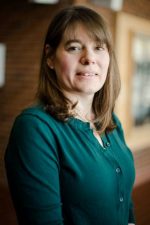
Kelly Kamm (KIP) is the principal investigator on a project that has been awarded funding from the Michigan Health Endowment Fund – Health Aging Grant for her project titled “In-Home Vision Screening in Underserved Seniors”. This project is in collaboration with the University of Michigan – Flint.
The Michigan Health Endowment Fund works to improve the health and wellness of Michigan
residents and reduce the cost of healthcare, with a special focus on children and seniors. You can find more information about the Health Fund at mihealthfund.org.
